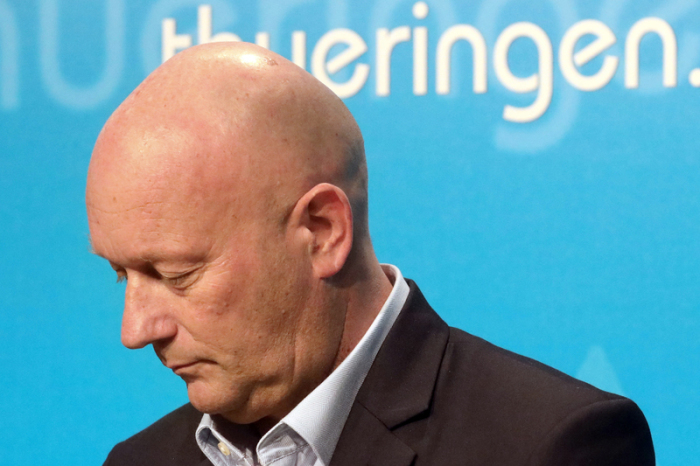
After the parliamentary elections in Thuringia, Germany on October 2019, the extreme right which continues to be strong in the State, started to unsettle Germany. Concern continues to increase day by day. February 2020 was a month that set off alarm bells for German politics, for Europe and for foreigners living in Germany.
While in a historical sense the rise of the far right has been surprising for Thuringia, it was not unexpected altogether. When looking at the history of Thuringia, the extreme left tradition is noticed. Thuringia was known as the bastion of the extreme left during the period of East Germany. The shift from far left to far right is surprising in the long run, but when we consider the recent European politics, it may not be assessed as a development. In fact, The New York Times wrote too that the anti-right-wing taboos formed in Germany after the Nazi period are now broken[1].
In October 2019 elections for the State Parliament of Thuringia, the Left Party (Ger. Die Linke) 29, AfD 22, CDU 21, SPD 8, Greens and FDP (Ger. FDP - Freie Demokratische Partei) won 5 seats in the parliament[2]. When the criteria for the formation of a coalition considered, CDU has announced that they would not form a coalition with the Left Party and AfD. Similarly, the Left Party, the SPD and the Greens also announced that they are not in favor of forming a coalition with AfD. Although the FDP, which has only five MPs, stated that it had "no intention to cooperate with racist AfD" before the elections, the election of Mr. Kemmerich as the prime minister with the support of CDU and AfD is considered as a "breaking the taboos" for German democracy[3]. The election of a state prime minister with the votes of a far-right party is happening for the first time in Germany after the Second World War and has created a great reaction in the country.
FDP candidate Thomas Kemmerich was forced to resign on February 5, within 24 hours in view of protests and objections. Since the establishment of FDP in 1948, FDP has been known for the coalition governments, it has established alternately with the SPD and CDU parties. Although FDP officials state that they do not want to cooperate with AfD, the support rendered by AfD could create uneasiness when the momentum gained by the far right in Germany is taken into consideration. It is useful to remember that there is a court decision which stipulates that calling the AfD’s organization leader in Thuringia Björn Höcke a "fascist", is not illegal. In the opinion of nearly half of German citizens, AfD's coming into power in state governments or federal government by 2030 would be an inevitable conclusion[4]. According to the survey conducted by the German news agency DPA through the YouGov research company, among those who think that the AfD, which pursues far-right and anti-immigrant policies, will come to the power, a considerable segment is opposed to such an idea. Those who think that the election of Kemmerich harms democracy are also in this group.
The leaders of the coalition partners Christian Democratic Union and the Social Democratic Party following an emergency meeting in Berlin decided on an early election. The current distribution of the seats in the Thuringia state parliament led to such a decision[5]. After all these developments, CDU Leader and Defense Minister Annegret Kramp-Karrenbauer announced her resignation from the party leadership, in view of the existing uncertainty in the attitude towards AfD within her party. Kramp-Karrenbauer has also announced that she will not run for the prime minister’s office in the upcoming elections[6].
Merkel's statement that it was not possible for the CDU to be toeing the same line with a far-right party, and asking Kemmerich to resign, drew the reaction of another group in the party. This reaction is not from those who support the rise of the far right, but from a group of people who are concerned about the functioning of the democracy in the country. According to this group, Merkel's harsh reaction towards AfD and her demand for the resignation of Kemmerich undermine German democracy. It is emphasized that such an attitude could increase the votes of AfD. Yet another view supports the idea that cancelling a duly concluded election is unacceptable. The European media argues that the emergence of such a number of different views from an election may have more dangerous consequences than the rise of AfD or harm to the German democracy[7]. The fact that the denial of AfD's existence could strengthen the possibility of the AfD getting more popular certainly creates worries in the public opinion.
The extreme right in Germany is gaining strength despite all the reactions in Europe. The European press argues that the reactions to AfD will cause the AfD to become stronger. Although Chancellor Angela Merkel tried to prevent the further strengthening of the far right, it seems that there are still others who think that the steps she has taken may cause harm to the German democratic process.
When considering the development of the far-right, the strengthening of far-right parties, especially in Thuringia, could be inevitable. Considering the political ideas of the far right, it is seen that xenophobia, Islamophobia and anti-Jewish statements, recent attacks on places of worship and similar discourses that religious minorities have no place in Germany are becoming prominent. According to a survey among German citizens, there is the dreadful possibility of the far-right coming to power by 2030. What is even more frightening, however, is the possiblity of this happening even earlier than 2030.
Photograph: https://der-farang.com/de/pages/kemmerich-tritt-sofort-zurueck-koalition-fuer-rasche-neuwahl
[1] “Germany’s Post-Nazi Taboo Against the Far Right Has Been Shattered”, The New York Times, 7 February 2020, https://www.nytimes.com/2020/02/07/opinion/far-right-thuringia-germany.html
[2] “Almanya’da Thüringen Eyaleti Başbakanı Kemmerich Görevinden İstifa Etti”, Anadolu Ajansı, 8 February 2020, https://www.aa.com.tr/tr/dunya/almanyada-thuringen-eyaleti-basbakani-kemmerich-gorevinden-istifa-etti/1728419
[3] “Almanya’da AfD Desteği ile Seçilen Siyasetçi İstifa Etti”, VOA, 8 February 2020, https://www.amerikaninsesi.com/a/almanya-da-afd-destegiyle-secilen-siyasetci-istifa-etti/5279400.html
[4] “Almanların Yarısına Göre 2030’a Kadar AfD Yönetime Gelecek”, Deutsche Welle, 11 February 2020, https://www.dw.com/tr/almanların-yarısına-göre-2030a-kadar-afd-yönetime-gelecek/a-52332974
[5] “Almanya'da aşırı sağcı AfD'nin desteğiyle Thüringen Eyaleti Başbakanı seçilen Thomas Kemmerich istifa etti”, BBC.com, 6 February 2020, https://www.bbc.com/turkce/haberler-dunya-51391344
[6] “Annegret Kramp-Karrenbauer – Almanya’da Merkel’in Halefi İstifa Etti”, BBC.com, 10 February 2020, https://www.bbc.com/turkce/haberler-dunya-51445169
[7] “İki Taraf da Siyah-Beyaz Düşünüyor”, Lidove Noviny, 8 February 2020, https://www.eurotopics.net/tr/234826/thueringen-de-siyasi-deprem-simdi-ne-olacak
© 2009-2025 Center for Eurasian Studies (AVİM) All Rights Reserved
No comments yet.
-
 LOS ANGELES MUNICIPAL ELECTIONS: IS HOSTILITY TOWARDS TURKS THE CRITERION?
LOS ANGELES MUNICIPAL ELECTIONS: IS HOSTILITY TOWARDS TURKS THE CRITERION?
Hazel ÇAĞAN ELBİR 02.11.2022 -
 THE MERKEL THAT TURKEY WILL REMEMBER WHEN AN ERA ENDS
THE MERKEL THAT TURKEY WILL REMEMBER WHEN AN ERA ENDS
Hazel ÇAĞAN ELBİR 20.09.2021 -
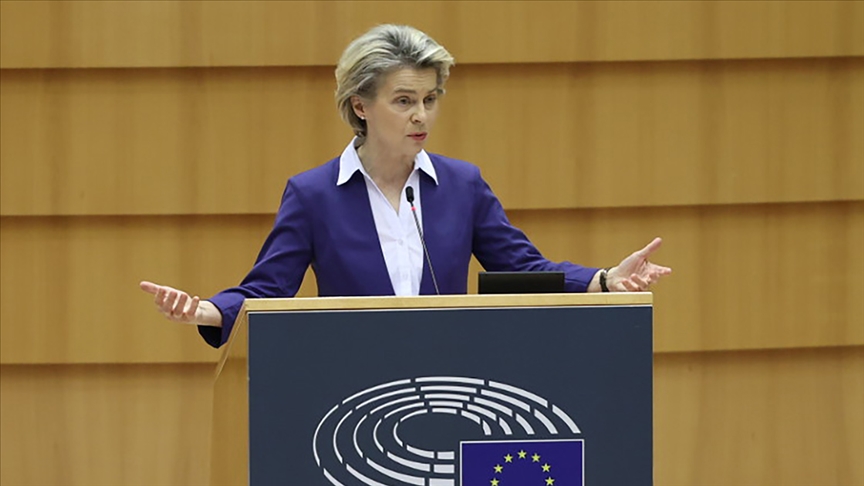 THE MANAGEMENT BLUNDERS IN THE EU
THE MANAGEMENT BLUNDERS IN THE EU
Hazel ÇAĞAN ELBİR 11.03.2021 -
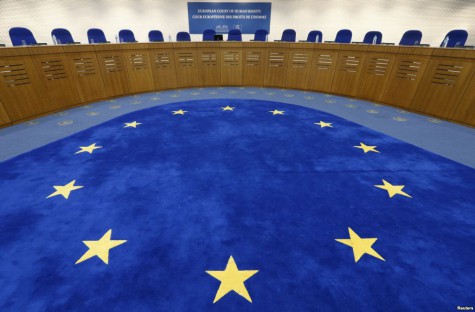 ECHR’S DOĞU PERINÇEK - SWITZERLAND DECISION (UNOFFICIAL ENGLISH)
ECHR’S DOĞU PERINÇEK - SWITZERLAND DECISION (UNOFFICIAL ENGLISH)
Hazel ÇAĞAN ELBİR 03.03.2014 -
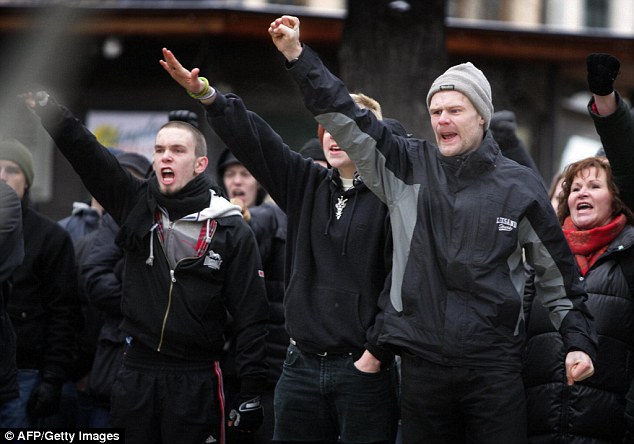 NEO – NAZISM IS GAINING STRENGTH IN THE NORDIC COUNTRIES
NEO – NAZISM IS GAINING STRENGTH IN THE NORDIC COUNTRIES
Hazel ÇAĞAN ELBİR 20.09.2018
-
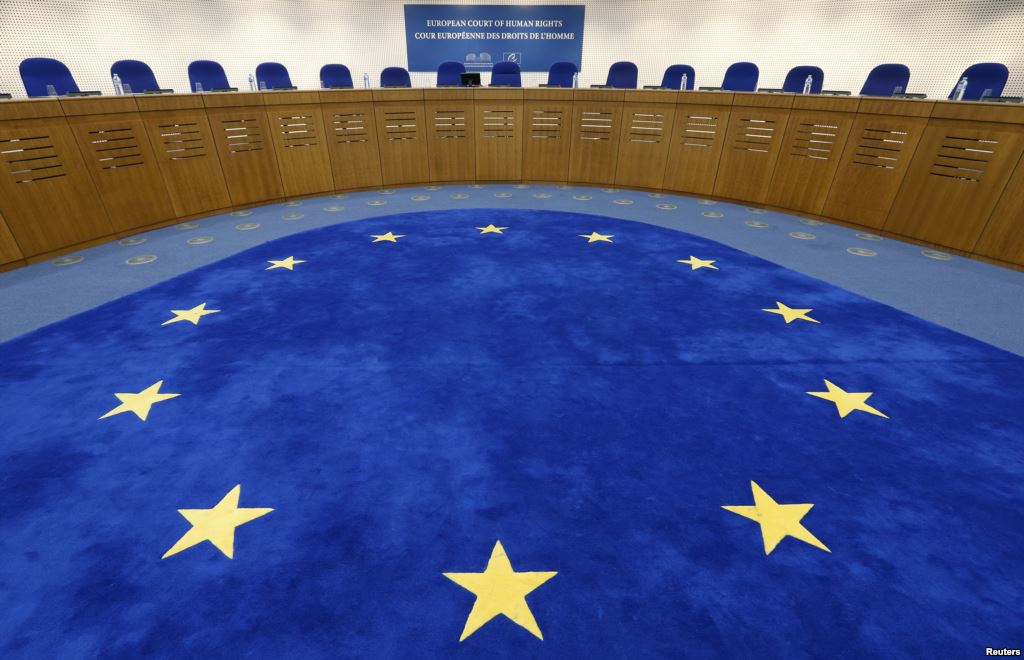 ECHR’S DOĞU PERINÇEK - SWITZERLAND DECISION (OFFICIAL FRENCH, UNOFFICIAL TURKISH)
ECHR’S DOĞU PERINÇEK - SWITZERLAND DECISION (OFFICIAL FRENCH, UNOFFICIAL TURKISH)
Hazel ÇAĞAN ELBİR 24.02.2014 -
 50TH ANNIVERSARY OF THE CYPRUS PEACE OPERATION: WHAT PROPOSAL DID THE GREEK SIDE MAKE TO RAUF DENKTAŞ IMMEDIATELY AFTER THE OPERATION?
50TH ANNIVERSARY OF THE CYPRUS PEACE OPERATION: WHAT PROPOSAL DID THE GREEK SIDE MAKE TO RAUF DENKTAŞ IMMEDIATELY AFTER THE OPERATION?
Teoman Ertuğrul TULUN 25.07.2024 -
 ECHR’S DOĞU PERINÇEK - SWITZERLAND DECISION (UNOFFICIAL ENGLISH)
ECHR’S DOĞU PERINÇEK - SWITZERLAND DECISION (UNOFFICIAL ENGLISH)
Hazel ÇAĞAN ELBİR 03.03.2014 -
 GREECE ATTEMPTS TO FORGE ANOTHER FRONT AGAINST TÜRKİYE WITH A PONTIC NARATIVE
GREECE ATTEMPTS TO FORGE ANOTHER FRONT AGAINST TÜRKİYE WITH A PONTIC NARATIVE
Teoman Ertuğrul TULUN 01.07.2025 -
 TÜRKİYE’S CONSTRUCTIVE VISION, EU’S DIVISIVE DIPLOMACY IN BLACK SEA AND CENTRAL ASIA
TÜRKİYE’S CONSTRUCTIVE VISION, EU’S DIVISIVE DIPLOMACY IN BLACK SEA AND CENTRAL ASIA
Teoman Ertuğrul TULUN 21.04.2025
-
25.01.2016
THE ARMENIAN QUESTION - BASIC KNOWLEDGE AND DOCUMENTATION -
12.06.2024
THE TRUTH WILL OUT -
27.03.2023
RADİKAL ERMENİ UNSURLARCA GERÇEKLEŞTİRİLEN MEZALİMLER VE VANDALİZM -
17.03.2023
PATRIOTISM PERVERTED -
23.02.2023
MEN ARE LIKE THAT -
03.02.2023
BAKÜ-TİFLİS-CEYHAN BORU HATTININ YAŞANAN TARİHİ -
16.12.2022
INTERNATIONAL SCHOLARS ON THE EVENTS OF 1915 -
07.12.2022
FAKE PHOTOS AND THE ARMENIAN PROPAGANDA -
07.12.2022
ERMENİ PROPAGANDASI VE SAHTE RESİMLER -
01.01.2022
A Letter From Japan - Strategically Mum: The Silence of the Armenians -
01.01.2022
Japonya'dan Bir Mektup - Stratejik Suskunluk: Ermenilerin Sessizliği -
03.06.2020
Anastas Mikoyan: Confessions of an Armenian Bolshevik -
08.04.2020
Sovyet Sonrası Ukrayna’da Devlet, Toplum ve Siyaset - Değişen Dinamikler, Dönüşen Kimlikler -
12.06.2018
Ermeni Sorunuyla İlgili İngiliz Belgeleri (1912-1923) - British Documents on Armenian Question (1912-1923) -
02.12.2016
Turkish-Russian Academics: A Historical Study on the Caucasus -
01.07.2016
Gürcistan'daki Müslüman Topluluklar: Azınlık Hakları, Kimlik, Siyaset -
10.03.2016
Armenian Diaspora: Diaspora, State and the Imagination of the Republic of Armenia -
24.01.2016
ERMENİ SORUNU - TEMEL BİLGİ VE BELGELER (2. BASKI)
-
AVİM Conference Hall 24.01.2023
CONFERENCE TITLED “HUNGARY’S PERSPECTIVES ON THE TURKIC WORLD"









